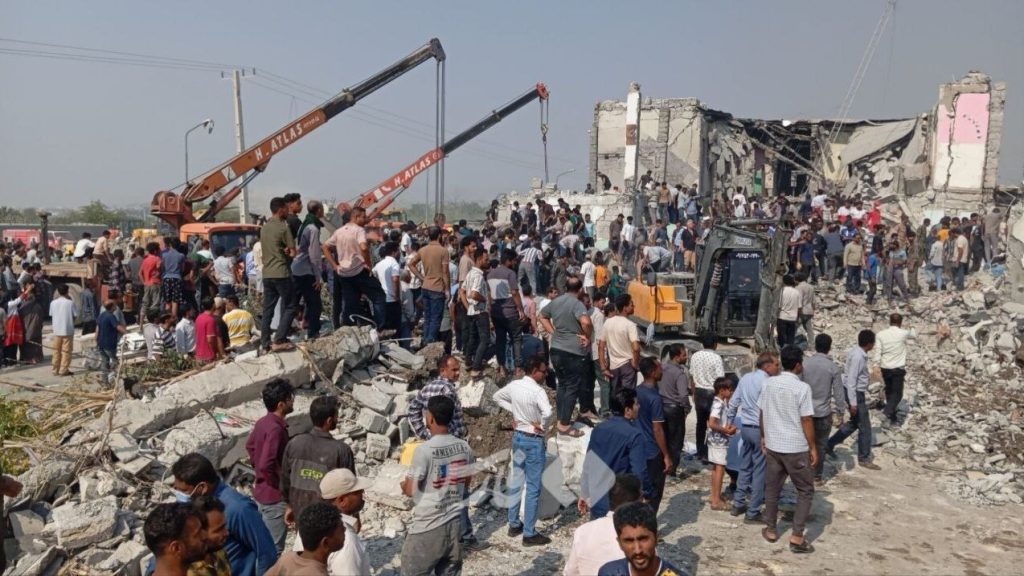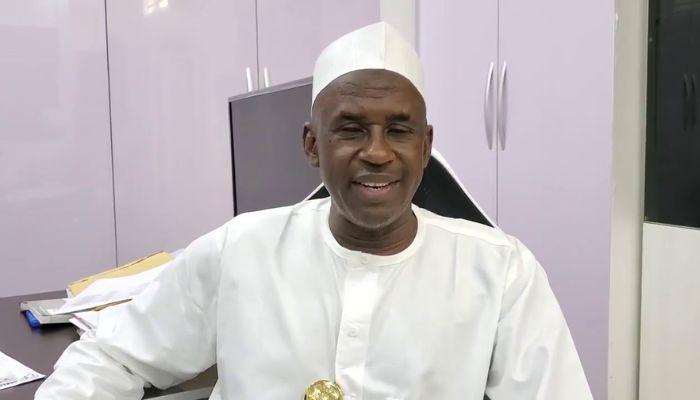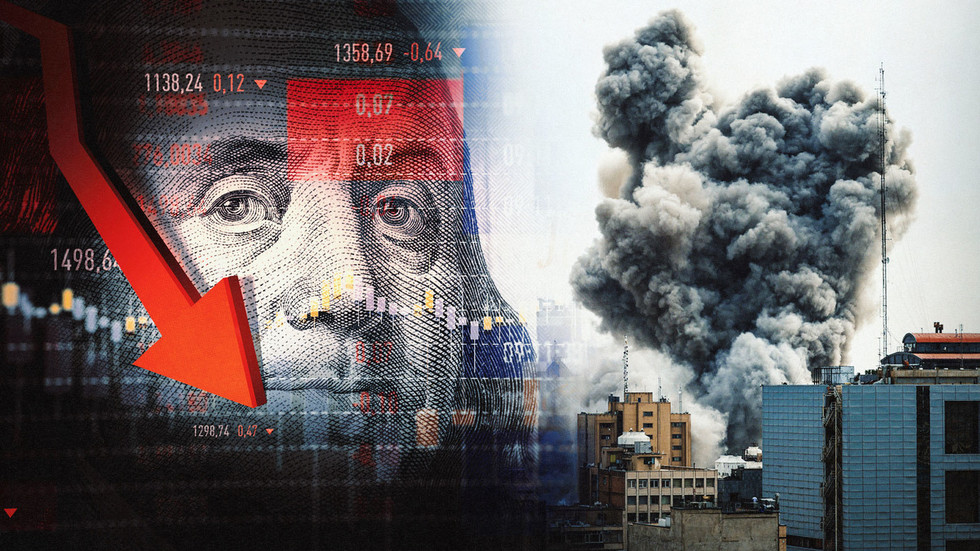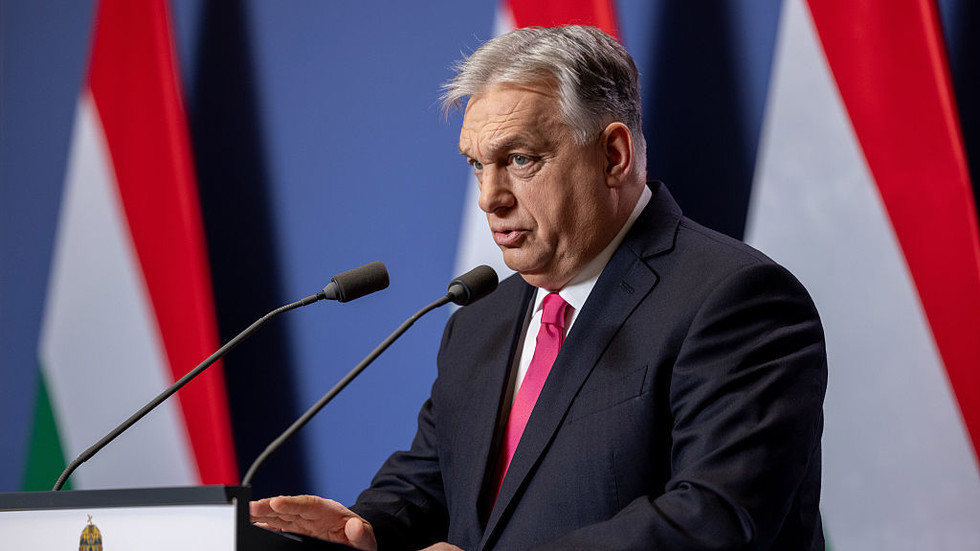Commercial drivers in Liberia’s capital, Monrovia, have intensified protests against a contentious traffic management agreement they claim has plunged their livelihoods into crisis. The demonstrations, which began in mid-July 2025, follow years of simmering tensions over a 25-year concession deal transferring control of Liberia’s transport systems to the foreign-backed Liberia Traffic Management Incorporated (LTMI).
The agreement, initially signed in 2018 and revived by President Joseph Boakai’s administration in early 2025, granted LTMI authority over key transport routes, traffic enforcement, and revenue collection. Proponents argued it would modernize infrastructure and curb corruption, but critics allege it has enabled systemic exploitation. Drivers now face steep fines, alleged extortion, and what they describe as punitive enforcement tactics.
“They demand $20 bribes or threaten to tow our vehicles—even with valid documents,” said Emanuel Silegba, a protester among hundreds who blocked streets on July 28. Many drivers, operating aging imported vehicles, say LTMI officers disproportionately target minor defects, like worn tires or faulty taillights, despite Liberia’s reliance on second-hand cars. “We can’t afford $250 tires,” Silegba added. “Now our children can’t go to school because all our money goes to fines.”
The deal’s activation in July 2025 followed a Supreme Court ruling and sparked immediate backlash. Over 200 Transport Ministry employees petitioned lawmakers, warning of 265 potential job losses and $275 million in projected state revenue losses. Legislators in both chambers urged President Boakai to suspend the agreement, but the executive branch has remained silent, fueling public frustration.
Veteran driver Frankin Sisco accused LTMI of imposing “double punishment” through overlapping fines with police, while courts allegedly side with enforcers. “When officials break rules, courts compromise. For us, it’s the full law,” he said. Protesters also criticized the perceived foreign dominance of Liberia’s transport sector, with Sisco noting a shift from “American plate to Arab plate” under LTMI’s Lebanese-linked management.
The standoff underscores broader tensions over privatization and economic equity in a nation where many rely on informal transport work. With schools reopening and families struggling, drivers demand the agreement’s termination and a return of oversight to the Transport Ministry. As protests persist, the government’s next move—or lack thereof—could determine whether the streets of Monrovia see resolution or further unrest.



